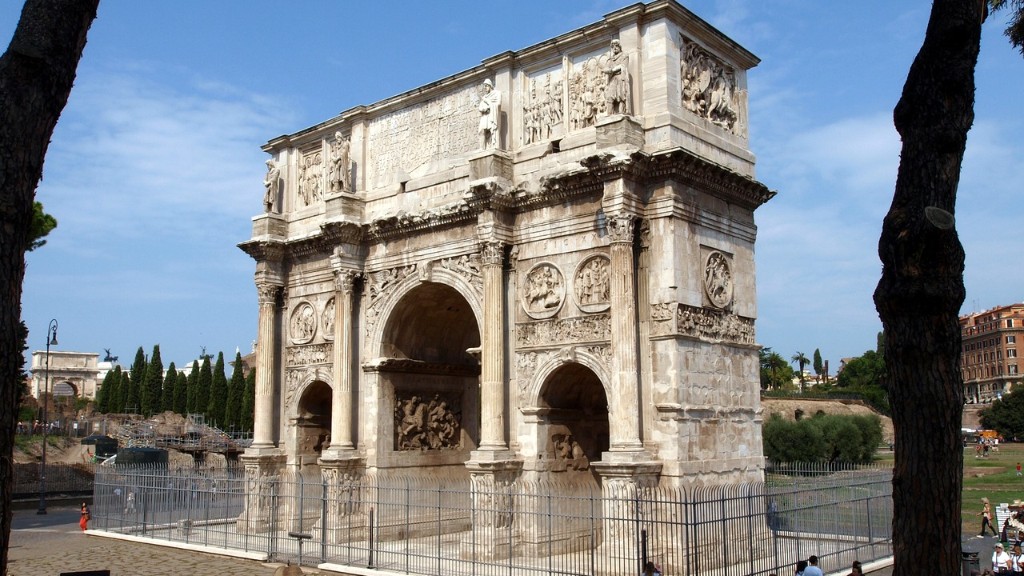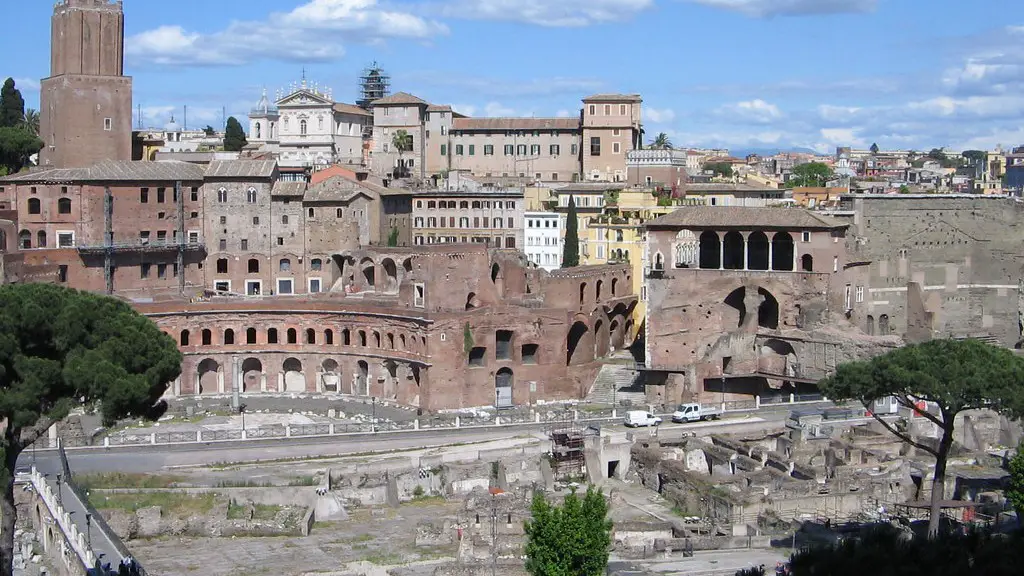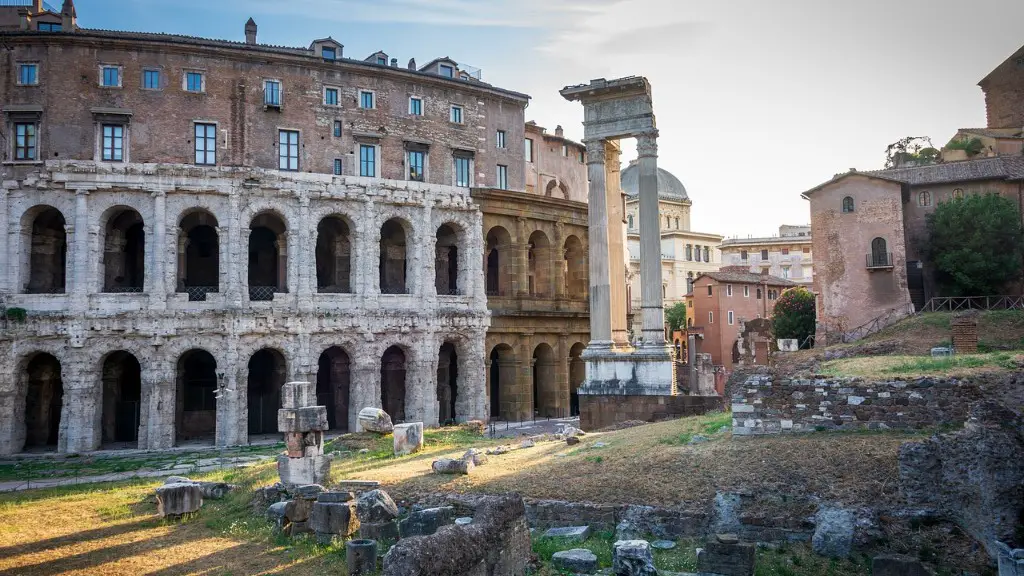The Proconsul was a key political figure in ancient Rome with a considerable influence and responsibility in governing. The Proconsul was appointed to manage the provinces of Rome and carry out certain political duties such as presiding over the Senate, organizing the legions and administering the empire’s funds.
Political Authority
The Proconsul’s primary role was to manage the province or province in which he was appointed. He had complete authority within this province and would issue laws, enforce regulations and adjudicate disputes. He was also responsible for ensuring that troops and supplies were sent to the region was needed, and for taking responsibility for protecting the Roman citizens from any outside threats. He also had to carry out diplomatic missions to other countries, such as negotiating trade and peace agreements. The Proconsul also had to be available to answer requests from the Senate and handle a variety of other requests relating to citizen welfare and safety.
Eligibility
In order to become a Proconsul, one had to be a former consul (or a senator, if not a consul) and was appointed by the Senate. Interestingly, it was not always the same senator who appointed the Proconsul – the Senate would elect someone to serve as the provoving ruler until they appointed a successor. This meant that the Proconsul could stay in his position for many years at a time, which made the job more attractive to those seeking power and influence.
Political Power
The Proconsul had many political powers in Rome. He was an important member of the Senate, with the ability to influence the debates and decisions of the body. Additionally, since he was responsible for governing the province or province he was appointed in, he was often as influential in that province as the Senate in Rome was. The Proconsul was also able to grant special privileges and exemptions to those he deemed worthy of them, much like a king would. In addition, if a consul or senator broke any law or acted against the interests of the state, the Proconsul had the authority to prosecute them.
Impact
It is clear that the Proconsul had a significant impact on the politics and administration of ancient Rome. He was the link between the Senate and the provinces, ensuring that the decisions taken in Rome were applied in the provinces. Furthermore, he had political power in the Senate as well as in the provinces, giving him substantial influence over the political decisions of the state.
Legacy
The legacy of the Proconsul is one that has persisted in some form to the modern day, with many countries having governmental positions with similar responsibilities to those of the Proconsul. In some cases, the same title is still used, such as in Brazil, where the senators are referred to as “proconsuls”. There are also similarities between the Proconsul and the modern day positions of Governor-General or Viceroy, which also hold considerable responsibility and authority. The Proconsul was a significant figure in the history of Rome, and his legacy has endured to the modern day.
Impact on Rome’s Empire
The Proconsul was a central figure in the vast Roman Empire. His ability to manage the provinces and bring the decisions of the Senate to the provinces was crucial in keeping the Empire functioning. Additionally, he was able to ensure that orders were followed, laws were obeyed and that the citizens of the Empire were treated well. In this way, the Proconsul was a precursor to the modern day role of Governor-General, whose role is to ensure that the orders and regulations of the central government are followed. He was also a figurehead of sorts, representing Rome in the provinces and helping to maintain the culture and values of Rome even when far away from the Capitol.
Modern Day Adaptations
The role of the Proconsul in ancient Rome has been adapted over the years, taking on different forms with differing levels of influence and responsibility. In some cases, it has been adapted into the position of vice-president and in others, into a governing board. It is clear that the original role of the Proconsul was one of significant importance, and his legacy lives on in modern systems of government.
Accountability of the Proconsul
The Proconsul was accountable to the Senate and ultimately it was the Senate who had final say over his decisions. If a Proconsul failed to carry out his duties, or acted in a way that was against the interests of Rome, he would be called before the Senate and subject to their judgement. This gave the Senate a significant amount of leverage over the Proconsuls, allowing them to ensure that their orders were carried out and their interests were protected.
Role in Conflict Resolution
The Proconsul had a central role in resolving conflicts between provinces or countries. When two parties were at odds with one another, the Proconsul would often be sent to attempt to mediate and find a way to bring them together. This could involve negotiating trade and peace agreements, or simply using their diplomatic skills to try to understand where each side was coming from and find a compromise. The Proconsul’s influence was valuable in this respect, as he had the authority to make decisions and carry out orders from the Senate.
Effect on Roman Society
The Proconsul played an important role in Roman society, as he was responsible for ensuring that the Roman way of life and the Senate’s decisions were followed and respected. He was a symbol of Roman power and influence in the provinces, and his presence provided an element of control and stability in the region. Furthermore, his influence allowed Rome to maintain its culture and values even in distant lands, helping to spread their ideas and policies.


